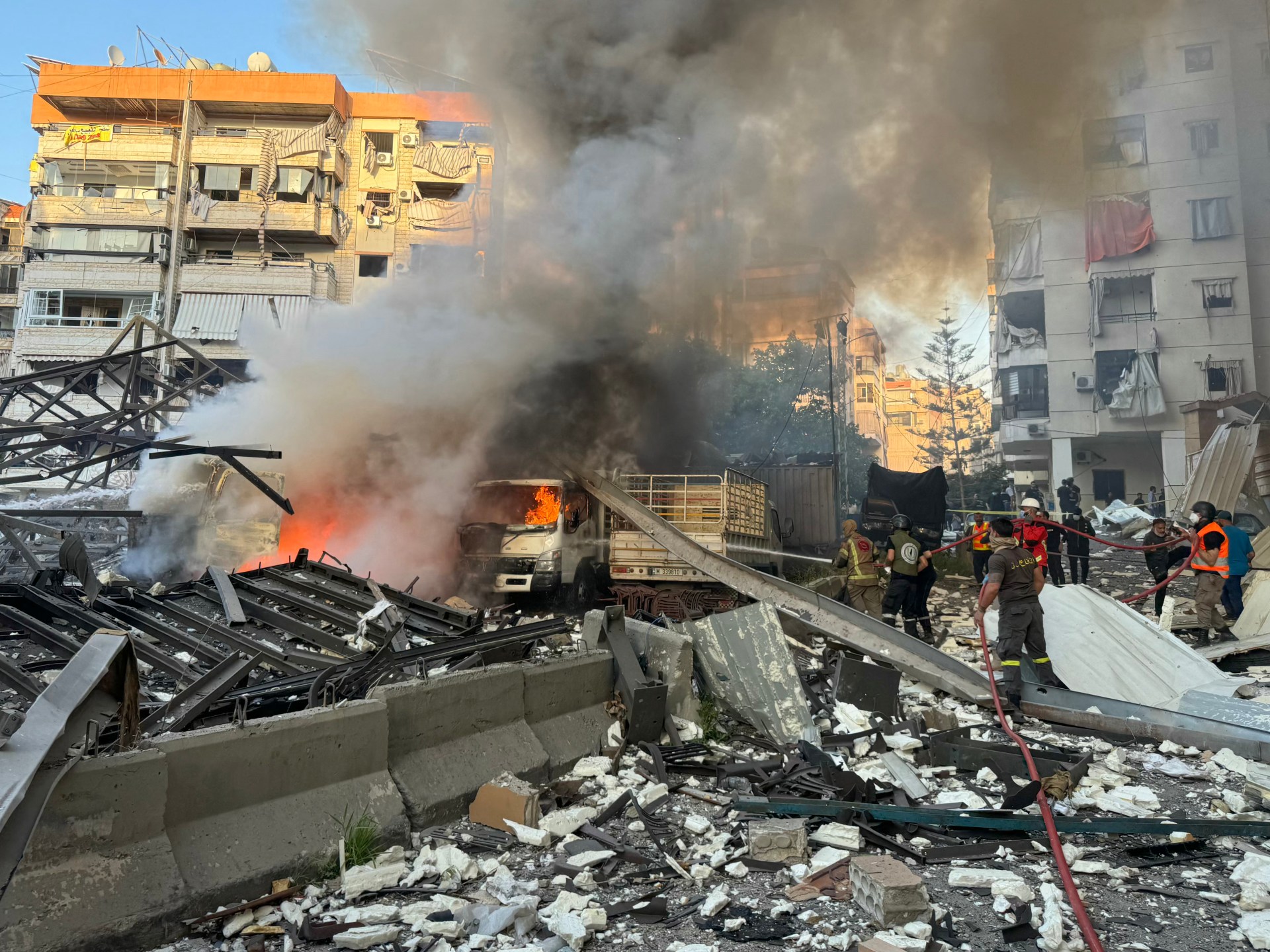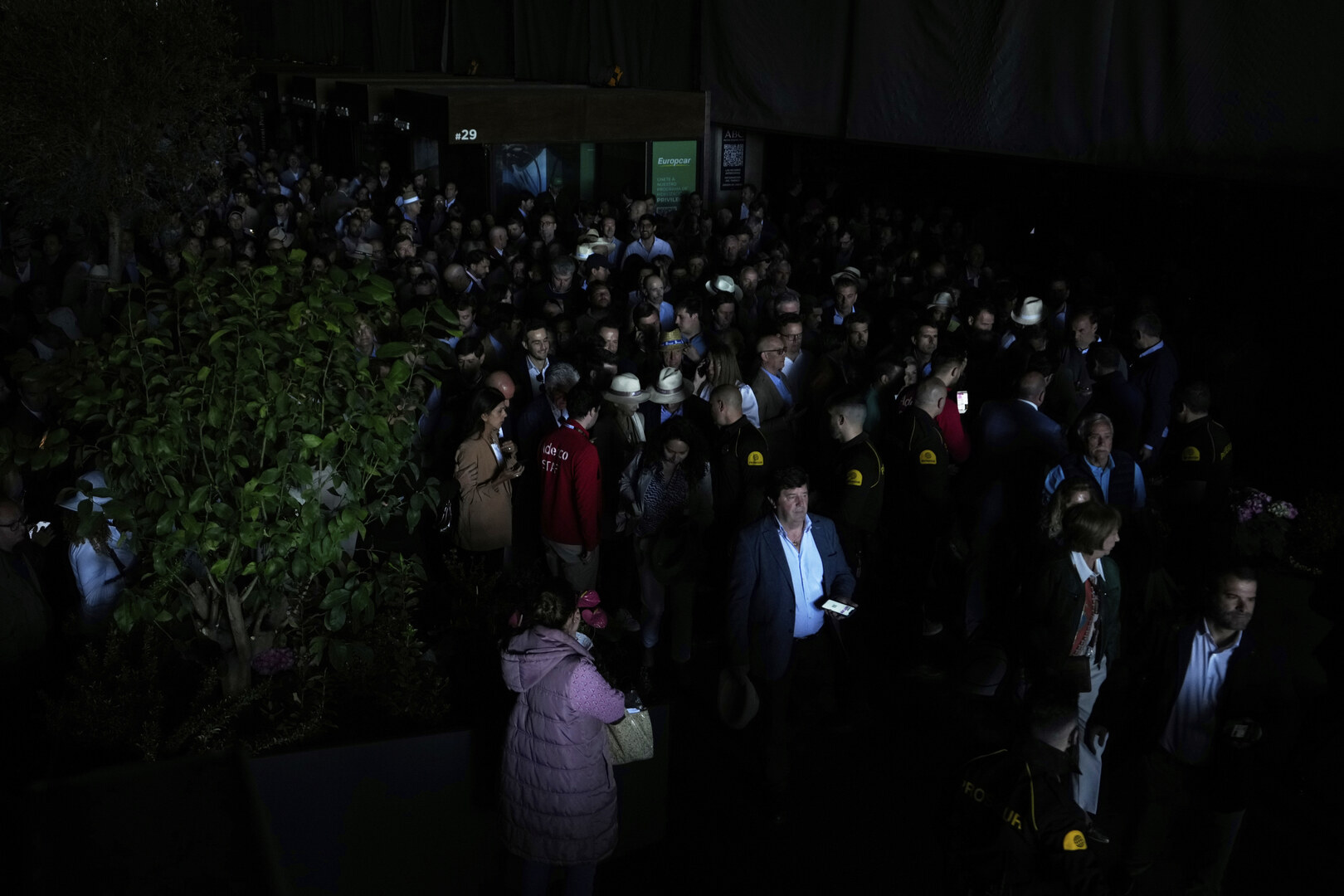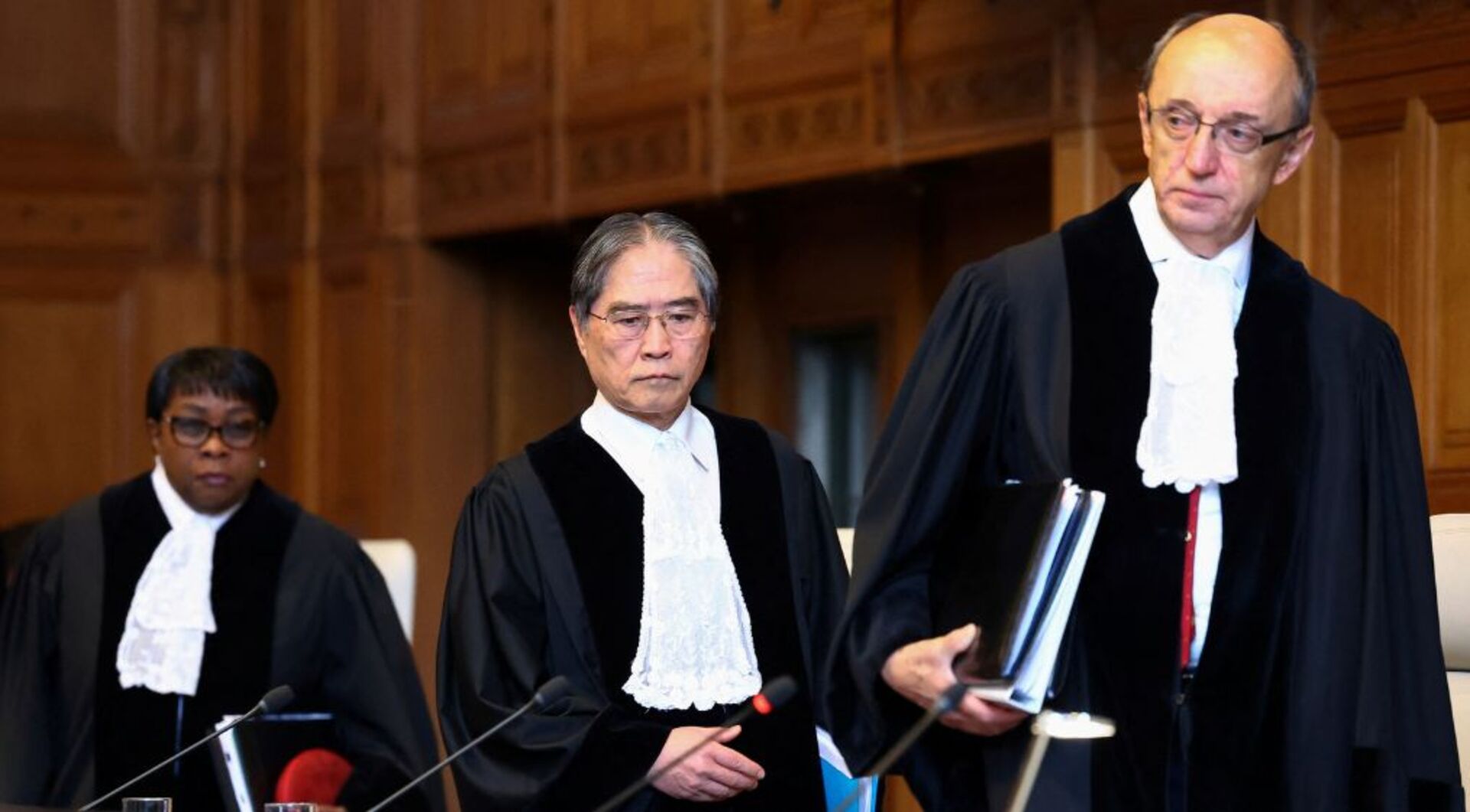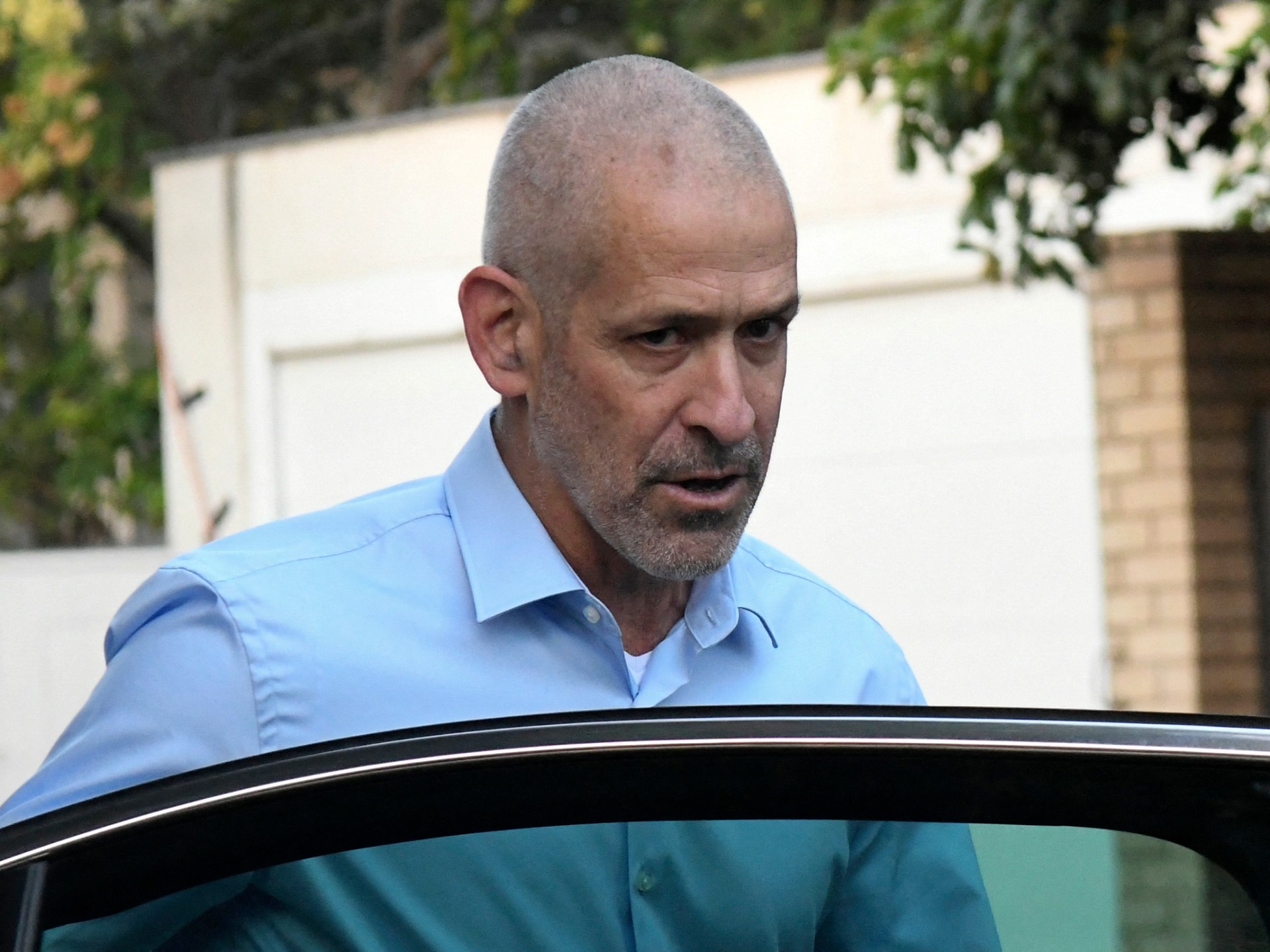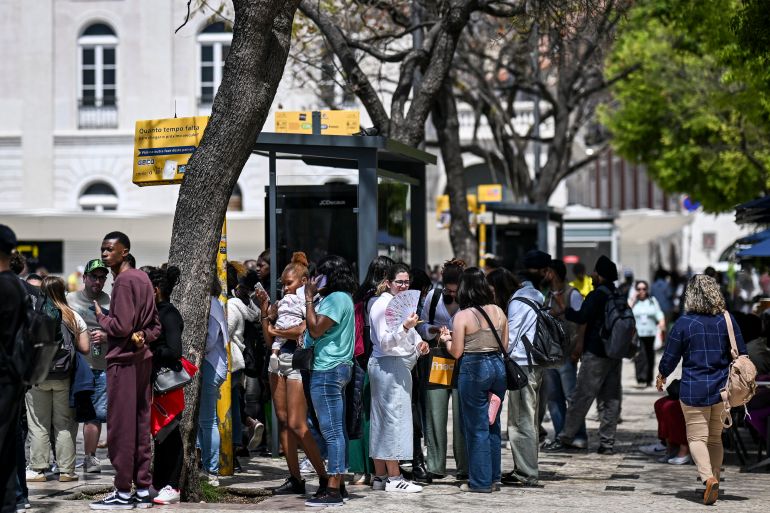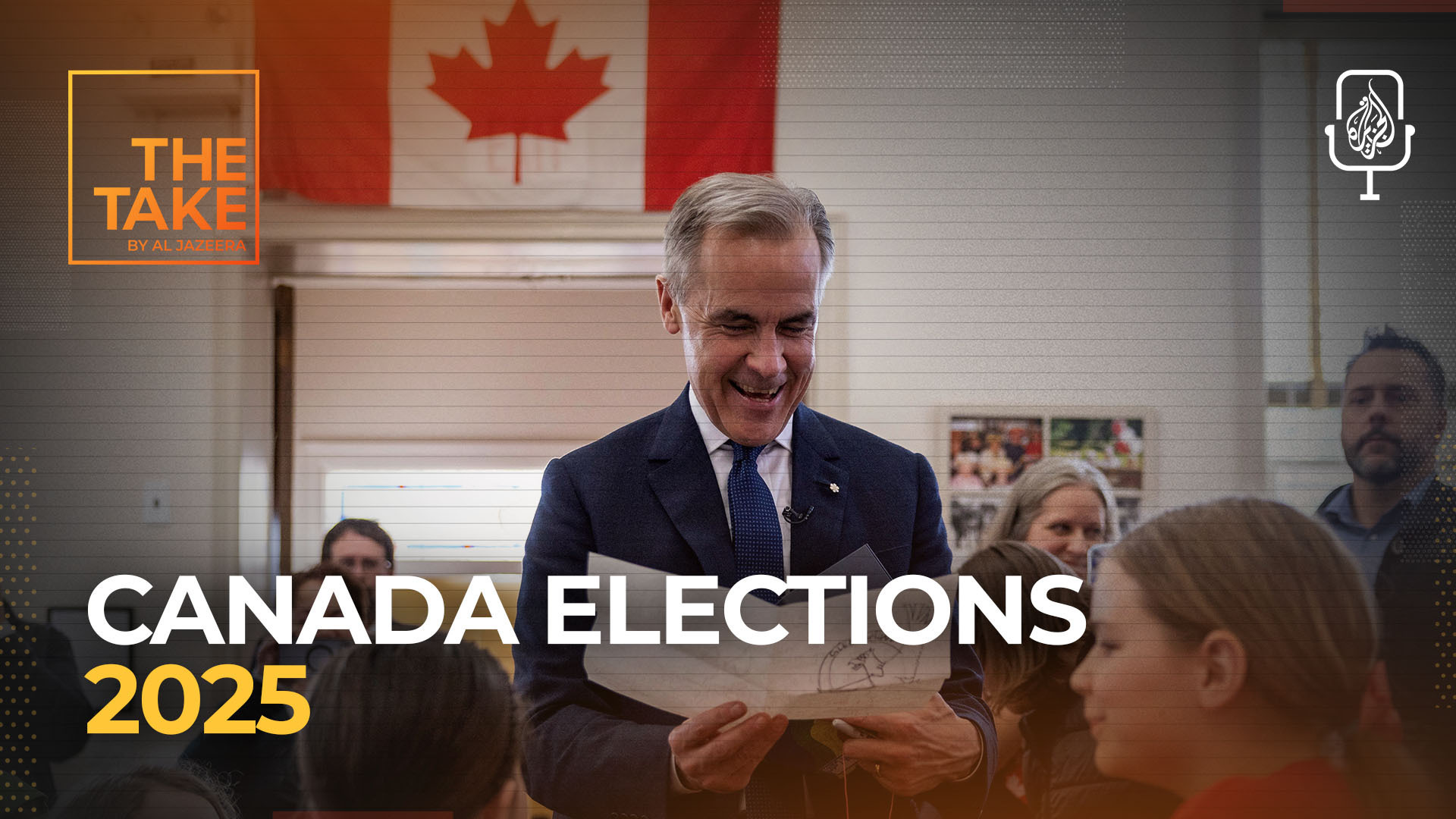Hezbollah leader Naim Qassem has called on Lebanon’s government to work harder to end Israel’s daily attacks in the country, a day after an Israeli air strike targeted the southern suburbs of the capital Beirut for the third time since a ceasefire was agreed late last November.
Qassem said in a televised speech on Monday that Hezbollah implemented the ceasefire deal that ended the 14-month war, but Israel has continued to launch relentless air strikes.
Qassem’s comments came as the Israeli military said it carried out more than 50 strikes in Lebanon this month in response, it says, to threats against Israel and Hezbollah allegedly violating the United States-brokered ceasefire.
Rights groups have denounced Israeli attacks on Lebanon, saying they are violating the truce deal.
On Sunday, Israeli warplanes struck Beirut’s southern suburbs after issuing a warning about an hour earlier, marking the third Israeli strike on the area since the November ceasefire. The Israeli military said it struck a precision-guided missiles facility.
‘Put pressure on America’
Following the strike, Lebanese President Joseph Aoun accused Israel of undermining stability in Lebanon and escalating tensions. He said Israeli attacks pose “real dangers to the security” of the region.
“Yesterday, an aggression targeted the southern suburbs of Beirut. This attack lacks any justification … It is a political attack aimed at changing the rules by force,” Qassem said of Sunday’s attack.
“The resistance complied 100 percent with the [ceasefire] deal and I tell state officials that it’s your duty to guarantee protection,” Qassem said, adding that Lebanese officials should contact sponsors of the ceasefire so that they put pressure on Israel to cease its attacks.
“Put pressure on America and make it understand that Lebanon cannot rise if the aggression doesn’t stop,” Qassem said, pointing to Lebanese officials. He added that the US has interests in Lebanon and “stability achieves these interests”.
Qassem said the priority should be for a full Israeli withdrawal from Lebanon, an end to Israeli strikes in the country, and the release of Lebanese people held in Israel since the war officially ended on November 27.
Hezbollah began launching rockets, drones and missiles into Israel the day after its ally Hamas led the October 7, 2023 attack and Israel responded with mass bombardment of Gaza. About 1,200 people in Israel were killed and another 251 others were abducted during the attack in southern Israel.
The war ignited further last September when Israel carried out waves of air strikes across Lebanon and assassinated most of the group’s senior leaders, including Hassan Nasrallah. The fighting killed more than 4,000 people in Lebanon, most of them civilians.
